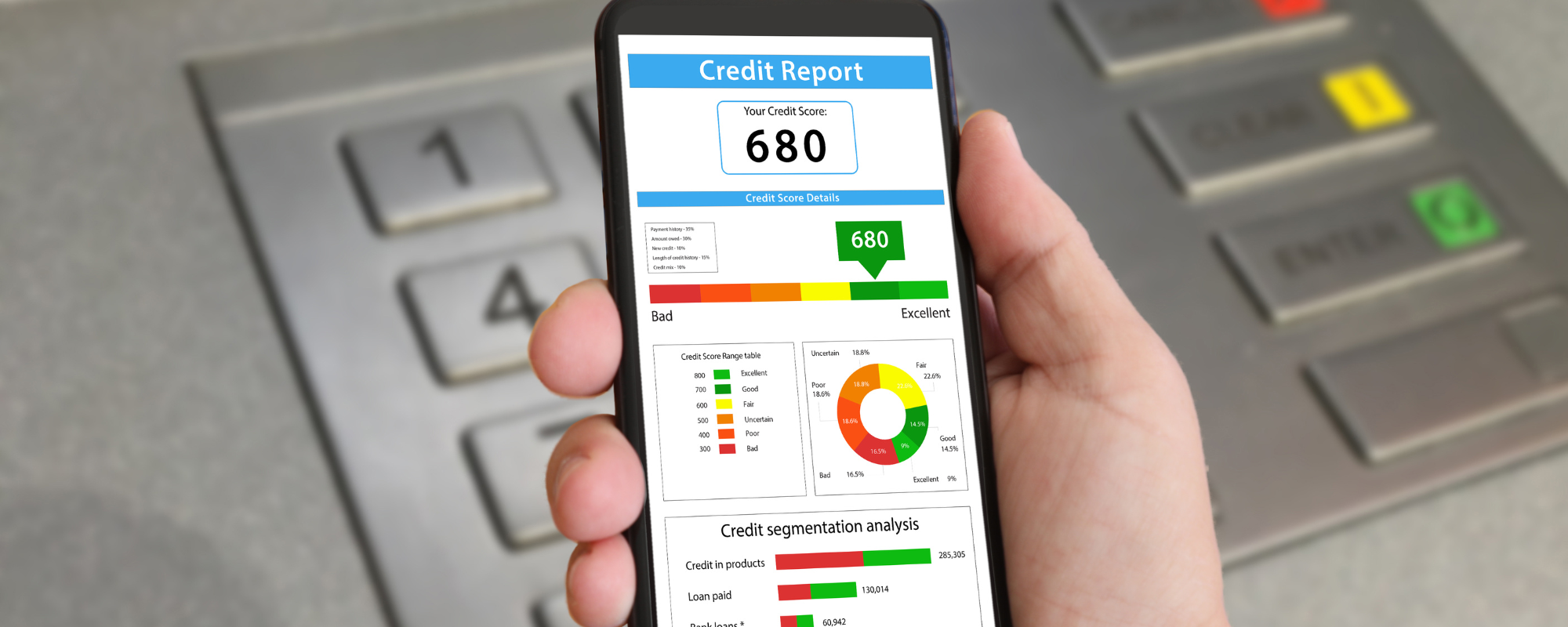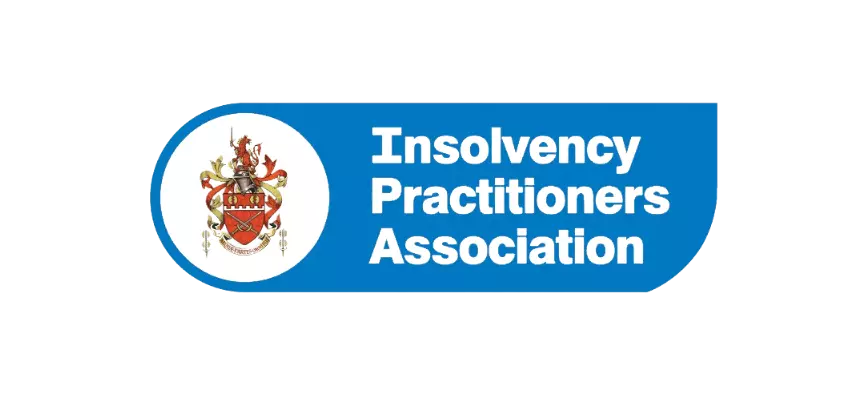Are you struggling with debt and considering an Individual Voluntary Arrangement (IVA) as a solution?
If you have been looking into an IVA, one of the questions you may be looking for answers on is ‘How much does an IVA leave you to live on?’
Understanding how IVA payments work and how they affect your financial situation is crucial when comparing the best route to resolve outstanding debts.
In this blog post, we’ll discuss everything around IVA payments and how they work within your own budget.
Throughout the guide we’ll explore;
The factors determining IVA payments,
The role of Insolvency Practitioners
IVA spending restrictions and budgeting
Handling additional income and unexpected expenses
Lifestyle considerations, and more.
Understanding IVA Payments

IVA payments are tailored to your individual circumstances, and are structured based on what you are capable of affording after your household bills and necessities.
The primary goal of an IVA is to provide debtors with a realistic and manageable budget, enabling them to regain control of their finances and work towards a debt-free future.
The monthly payments in an IVA are determined based on your income and essential living expenses, such as:
Mortgage/Rent Payments
Council Tax
Utility Bills such as Gas, Electricity and Water
Food
Travel Costs
Child care costs
General Household Items
In this way, the IVA ensures that you can cover your necessary costs while still making progress towards repaying your debt.
Factors Affecting IVA Payments
There are several factors that come into play when determining your IVA monthly payment.
These include:
The agreement of creditors to reduce payments
The affordability of payments
The types of debts included in the IVA
Compliance with the terms of the IVA proposal
Creditors utilise industry-recognised allowances known as the SFS guidelines.
The guidelines take your individual circumstances into account to determine the minimum IVA payment that is affordable to you, whilst ensuring you can maintain an adequate standard of living.
To comply with the terms of the individual voluntary arrangement (IVA) proposal, it is essential that you maintain regular payments and abide by the terms outlined in the agreement.
Affordability and Flexibility in IVAs
IVAs are designed to be affordable, yet flexible to the unforeseen events that could occur in your life during individual voluntary arrangements.
This means an IVA payment can be adjusted should things in your life change such as a change in income amounts or a landlord increasing your monthly rent.
Its flexibility also stretches to unavoidable one-off costs such as vehicle repairs or hiring a local electrician for a problem. In such cases, your insolvency practitioner can authorise clauses within the agreement, such as a payment holiday.
It is crucial to keep your Insolvency Practitioner informed of any changes in your financial situation, so they can ensure that your IVA payment stays affordable and on track to become debt-free.
The Role of Insolvency Practitioners

An Insolvency Practitioner (IP) plays a pivotal role in the IVA application. Their role is to ensure it’s suitability for your circumstances, liaise with creditors on your behalf, and ensure making IVA payments remains affordable for you with the curveballs life can throw.
Your IP will be responsible for:
Evaluating your financial circumstances, including your income and expenditure
Establishing and managing your IVA arrangement
Ensuring that making payments remains affordable during the IVA term
To ensure a successful IVA, it is essential to maintain regular communication with your IP and discuss any concerns or changes in your financial situation.
This way, they can discuss any changes in your circumstances with your creditors and ensure any variations in the initial agreement are proposed to creditors for acceptance.
Communication with Your IP
As touched on above, establishing and maintaining a strong relationship with your IP is crucial for the success of your IVA.
Your IP can provide valuable assistance with the budgeting process, essential costs, and any further advice that may be required during the IVA period.
By engaging with your IP, you gain access to impartial and professional counsel, effective communication with creditors, periodic updates on the progress of your IVA, and support in understanding the insolvency process.
Do not hesitate to direct any questions or concerns to your IP, as they are there to guide you through the IVA process and help you achieve financial freedom.
By fostering open and honest communication with your IP, you can ensure that your IVA has the best chance of success and a debt free future.
IVA Spending Restrictions and Budgeting

On an IVA, spending restrictions are put in place to ensure that you can repay your debts while maintaining a reasonable standard of living.
These restrictions are designed to help you focus your budget on essential expenses and avoid unnecessary purchases that could jeopardise your IVA agreement, and ultimately a successful outcome.
By adhering to your IVA budget, you can regain control of your finances and work towards becoming debt-free.
In the following section, we’ll explore the distinction between essential and non-essential spending and how it impacts your IVA budget.
Essential vs. Non-Essential Spending
During an IVA, it is crucial to understand how monthly expenditure is categorised between essential and non-essential spending.
A brief example of what would be classed as ‘Essential Expenses’ are your month to month household purchases, and your monthly bills.
Items that would be fall under this category include;
Mortgage or Rent
Utilities such as Gas, Electricity and Water
Household bills such as Internet, TV and insurances
General housekeeping such as food and toiletries
Healthcare subscriptions such as opticians and dental plans
Vehicle and transportation costs such as hire purchase agreements and fuel payments
On the other hand, ‘non-essential’ spending involves the purchases that are not deemed necessary for a reasonable standard of living. Holiday purchases, jewellery or luxury car purchases would all be considered lavish and non-essential.
The reason behind this is quite fair. The creditors understanding your financial hardship have agreed to a debt solution that requires ‘debt forgiveness’.
Sometimes the debt written off could be as much as 75%. Creditors considering this amount of debt forgiveness would expect that non-essential spending are kept to a minimum to ensure that their return is fair also.
Failing to adhere to the IVA spending restrictions may result in an inability to fulfill the requirements of the IVA, ultimately preventing you from receiving a fresh start at the end of the agreement.
By keeping in mind what is an essential expense and minimising non-essential spending, you can ensure the success of your IVA and achieve lasting financial stability.
If you are unsure if the purchase you are to make would be deemed essential, always have a chat with your Insolvency Practitioner who may be able to assist.
Handling Income Changes and Unexpected Expenses

As an IVA typically has a 5 year duration, the probability of things changing in your life during the term is quite likely.
This flexibility allows discretion for any emergency expense that may arise during the course of the agreement, for example extensive motor repairs.
Unexpected expenses can arise at any time, and it’s essential to consult your IP for guidance on how to address these financial challenges.
In addition, if your income decreases during your IVA, it’s crucial to inform your IP so they can assess whether your IVA payments will need to be adjusted to factor this.
It is also important to consider that the flexibility of payments works both ways.
Therefore, should your income significantly increase during the agreement, you could be asked to make an increased contribution to the IVA. This would also include any lump sum payment.
Saving for Emergencies
Setting aside money for emergencies is a vital aspect of managing your finances during an IVA.
Being able to save money for unforeseen expenses within your IVA budget, you can be prepared to tackle financial challenges without jeopardising your minimum IVA payment.
Some effective methods for saving for emergencies during an IVA include opening a separate bank or savings account, maintaining a separation between savings and spending, and considering saving additional income.
By establishing a financial safety net, you can navigate the uncertainties of life with greater confidence and peace of mind.
Lifestyle Considerations During an IVA

Whilst making monthly payments to an IVA, adjusting to a restricted budget is essential for success.
It takes financial discipline, but it also helps you create a more sustainable monthly expenditure for life after an IVA.
Reducing spending on things like alcohol and eating in restaurants or takeaways, can make your money go a lot further and leave you with a different perspective on how far your money can go.
This also makes it easier to meet your IVA payment whilst ensuring you stay up to date with essential household bills.
During this period, it’s crucial to stay focused on your financial goals and remain committed to the IVA process.
Once you have successfully completed your IVA, you will be in a better position to rebuild your credit and establish healthy financial habits for the future.
Rebuilding Credit After an IVA
After completing your IVA and having it removed from your credit file, it’s important to focus on rebuilding your credit score and maintaining the healthy financial habits you have adhered to during the IVA restrictions.
Some effective methods for restoring credit following an IVA include:
Applying for a credit card with a small credit limit
Registering on the electoral register
Not exceeding 50% of the amount of the total limit of credit
By taking proactive steps to rebuild your credit and establish responsible financial practices, you can move forward with confidence, knowing that you have successfully overcome your debt challenges and are well-equipped to handle future financial decisions with an improved credit rating.
Evaluating Debt Solutions

Before committing to an IVA or any other debt solution, it’s important to consider all options that may be available to you.
Consult with debt professionals to determine the best choice for your individual financial circumstances.
Each debt solution has its advantages and disadvantages, and it’s essential to weigh these factors carefully when making a decision.
The main debt solutions to consider when researching are;
Individual Voluntary Arrangements (IVA)
Debt consolidation loans
Bankruptcy
When speaking to our insolvency practice, our team can inform you of all the above solutions you may be eligible for. This helps you make an informed choice on what road is best for you and your family.
Seeking Professional Debt Advice
Reaching out to an Insolvency Practice like PennyPlan for advice on IVAs, budgeting, and managing your finances during and after the IVA period can be invaluable in your journey towards financial freedom.
Our professionals can provide expert advice, support, and resources to help you understand the intricacies of all debt solutions and determine the most suitable option for your specific needs.
We provide information an all debt options, even if we cannot offer the service ourselves. Avoid IVA companies who do not do willingly provide the same information.
By seeking professional debt advice, you can equip yourself with the knowledge and tools necessary to regain control of your finances and work towards financial freedom.
Summary
In this article we have explored the ins and outs of IVA payments, understanding how they work during your term of the IVA.
We’ve covered the importance of adhering to spending restrictions, handling additional income and unexpected expenses, and maintaining financial discipline throughout the IVA process.
Additionally, we’ve provided tips for rebuilding your credit after completing your IVA and the value of seeking professional debt advice when evaluating debt solutions.
As you navigate the complexities of debt solutions, remember that the path to financial freedom is not always an easy one.
However, with the right guidance, determination, and commitment, you can overcome your debt challenges and build a brighter financial future.
Want to find out more about how PennyPlan can help you with your debt?
Frequently Asked Questions
How much does an IVA leave you to live on after?
An IVA takes into consideration your essential expenses. As everyone has unique circumstances, the amount can vary with each individual once approved at your IVA Meeting of Creditors.
What is the minimum monthly payment for an IVA?
The minimum monthly payment for an IVA will depend on your financial situation, but will be equal to the amount of money left over after all essential living costs have been deducted from your income.
This is what is known as ‘disposable income’.
Does an IVA take all my money?
No, an IVA does not take all of your money. An IVA only requires you to contribute a portion of your income, that is determined after all your household bills have been deducted.
Can I spend money with an IVA?
You can spend your money however you wish after making your IVA payment, but be aware that too much non-essential spending may breach the terms of your IVA.
It is important to be mindful of your spending habits and to ensure that you are not overspending. This could put your IVA at risk and could lead to your IVA failing.
How does an IVA affect my credit rating?
An IVA will be registered on your credit report for the duration of the IVA, 12 months after completion. After this, it is removed from your credit file and you can rebuild your scoring.







